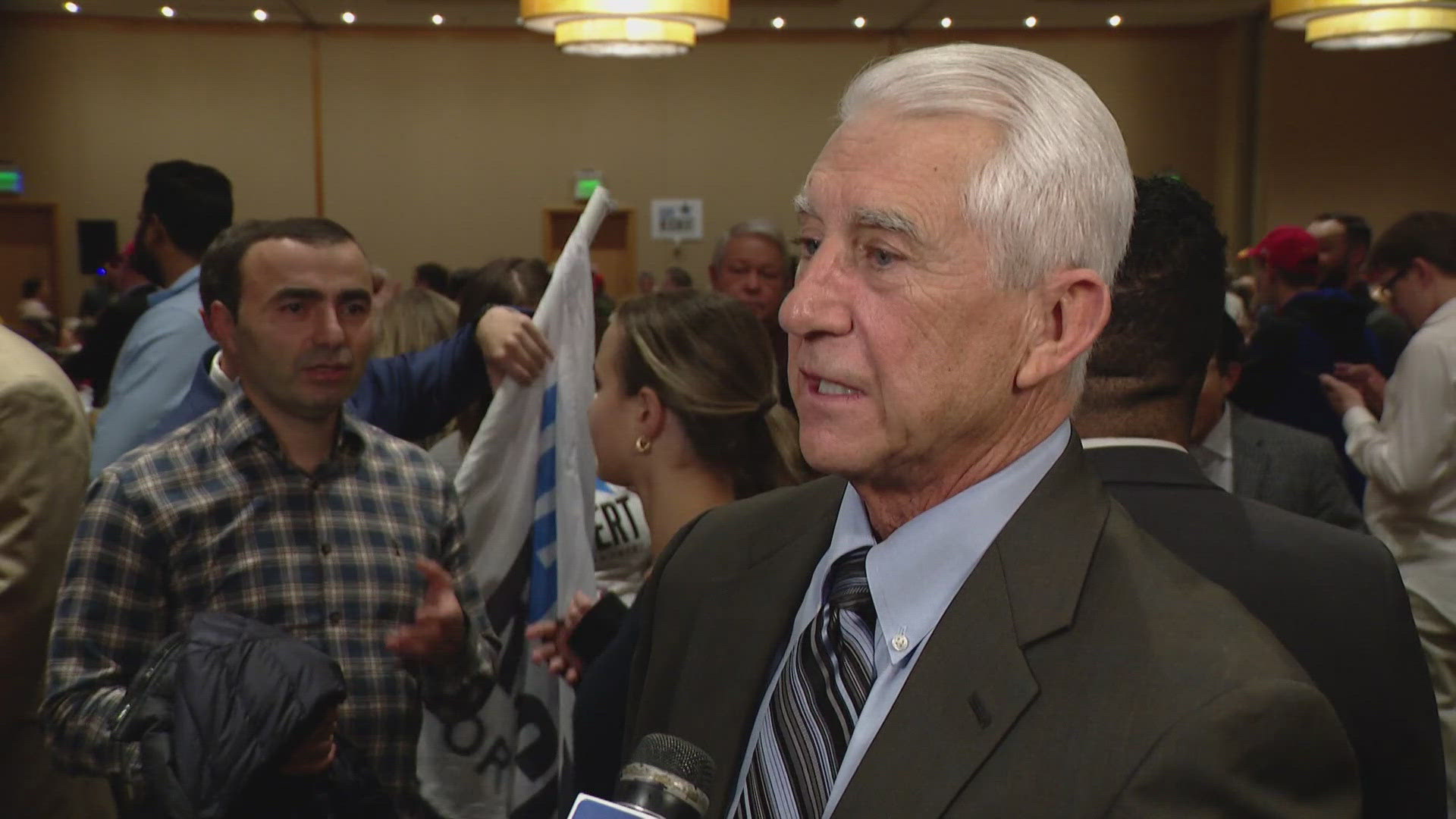An ad in support of Initiative 1634, nicknamed “Yes to Affordable Groceries,” links Seattle’s new soda tax to possible price increases on other grocery items.
"Farming and ranching has been our way of life here for generations, but Seattle's huge new beverage tax has me worried,” rancher Rick Nelson says in the ad. “Seattle admitted that their huge new tax could lead to higher prices for meat and poultry."
The ad cites Seattle's finance director Glen Lee, based on comments he made in a news report on the Seattle soda tax. A spokeswoman for Lee says his comments acknowledge that businesses are free to increase their prices as they see fit.
The new tax on sweetened beverages passed by Seattle City Council last year is a tax on the distribution of those beverages, paid for by distributors.
"Distributors may choose to charge more for those or other products to cover their tax obligation, but that is their decision,” said Julie Moore of Seattle’s Finance and Administrative Services Department. “Likewise, a retailer or restaurant may choose to charge consumers more for those or other products by increasing prices or adding some form of a surcharge."
The city has commissioned a study of the soda tax’s impact on health and pricing that’s due out later this year. The price impacts to beverages and snack foods will be reviewed, but not basic grocery items, according to Dr. Jessica Jones-Smith of the University of Washington who is working on the report with the King County Public Health.
The I-1634 campaign also warns a tax on food “like beef and dairy” could be next, citing a Newsweek article from 2017 that says different organizations have proposed a tax on meat due to concerns about the impact to health and the environment.
However, the article points out there is not pending legislation to do that in the United States. Additionally, the 1634 campaign has acknowledged it's not aware of a Washington city discussing plans to tax basic groceries such as bread or eggs.
Washington state law already exempts most grocery foods from a retail tax with exceptions including prepared foods, soft drinks, and supplements. I-1634 highlights what it calls “a loophole,” referencing a state provision that gives cities the ability to impose a ‘privilege tax,’ on the distribution of certain items, like soda and sweetened beverages.
Big beverage corporations account for the bulk of the campaign’s $13 million in contributions, indicating that a soda tax is the top concern of the initiative’s key supporters, despite the campaign's emphasis that taxes could spread to basic grocery items in Washington state.
However, the ad’s claim about price impact on other grocery items proves more difficult to assess. The impact of a soda tax on other basic food items has not been examined in published studies, according to Dr. Jones-Smith.
For more information on the measure and the arguments in support and against, watch KING 5’s mini-debate in the video player below.
Ballots will soon be in your mailbox. Voting in Washington state begins in a little more than a week ahead of the November 6 election. KING 5 is committed to fact-checking as many political ads as possible this season.



